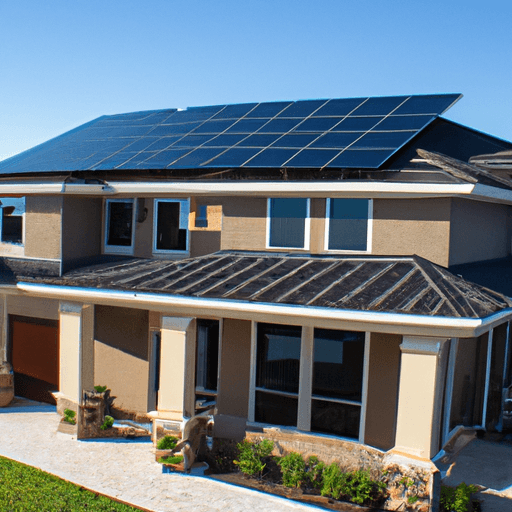### Understanding the Federal Solar Tax Credit Extension
The Federal Solar Tax Credit was originally set to decrease from 26% to 22% in 2021 and then expire for residential installations in 2022. However, the federal government passed legislation to extend the 26% tax credit for residential solar installations through 2022. This extension provides homeowners with additional time to take advantage of the full 26% tax credit before it begins to phase out.
### Key Benefits of the Federal Solar Tax Credit
- Significant Savings: The Federal Solar Tax Credit allows homeowners to deduct 26% of the cost of installing a solar energy system from their federal taxes.
- Financial Incentive: The tax credit directly reduces the amount of taxes owed, providing a dollar-for-dollar reduction in tax liability.
- Extended Deadline: With the recent extension, homeowners have until the end of 2022 to qualify for the 26% tax credit before it starts to decrease.
### Maximizing Savings with the Federal Solar Tax Credit
To maximize savings with the Federal Solar Tax Credit, homeowners should consider the following:
1. Act Now: Installing a solar energy system before the end of 2022 will allow homeowners to qualify for the full 26% tax credit.
2. Consult with a Tax Professional: Tax laws can be complex, so it's advisable to consult with a tax professional to ensure eligibility and maximize tax savings.
3. Combine with State Incentives: In addition to the Federal Solar Tax Credit, homeowners can leverage state-specific incentives to further reduce the cost of installing a solar energy system.
### Data-backed Insights on Solar Energy Savings
According to a study by the National Renewable Energy Laboratory (NREL), installing a solar energy system can result in significant savings for homeowners:
- Homeowners can save an average of $10,000 to $30,000 over 20 years by switching to solar energy.
- Solar panels can increase a home's value by an average of $15,000, providing a solid return on investment.
- Solar energy systems can offset up to 100% of a homeowner's electricity usage, leading to substantial long-term savings on utility bills.
### Conclusion
The Federal Solar Tax Credit extension provides homeowners with a valuable opportunity to invest in solar energy and maximize savings. By taking advantage of this incentive before the end of 2022 and combining it with state-specific incentives, homeowners can significantly reduce the cost of installing a solar energy system while enjoying long-term financial benefits. Consulting with solar energy experts and tax professionals can help homeowners navigate the process and make the most of this opportunity.
